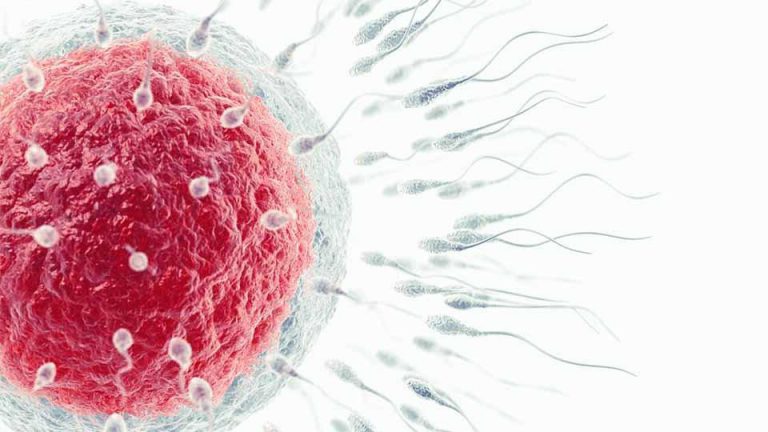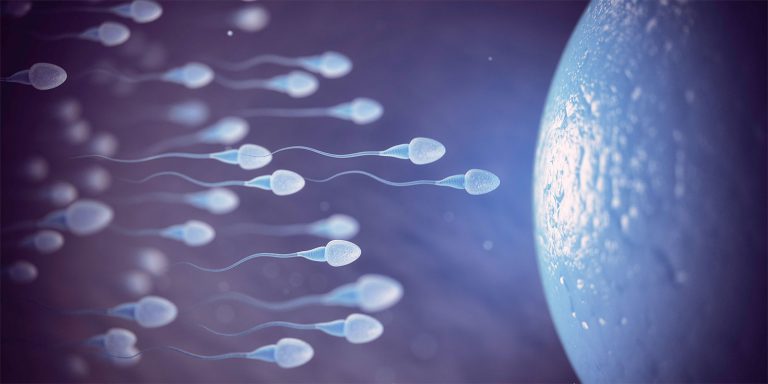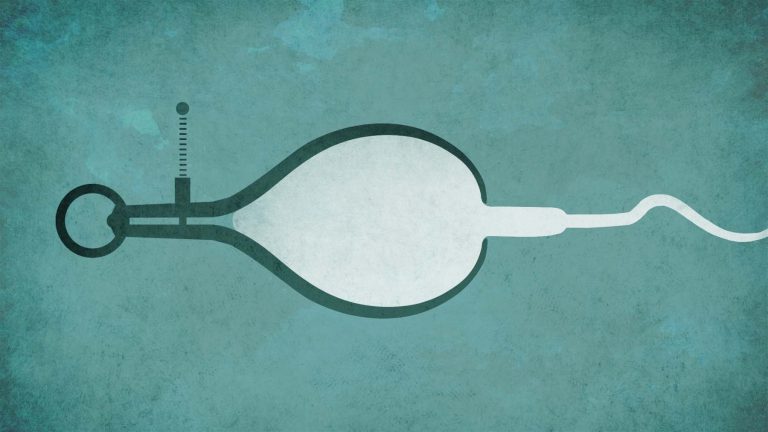With the increasing legalization of recreational marijuana across the United States, marijuana use and fertility concerns have become paramount. Smoking can have different impacts on men and women, and depends on how often a person partakes. However, it may be possible to reverse any negative impacts by reducing marijuana use.
The Most Popular Recreational Drug in the World
Marijuana is currently the most popular recreational drug in the world. As of January 2017, 9 US states have decriminalized marijuana, and in April 2017, Canada took steps towards federal decriminalization. As legalization efforts continue, so does the need for greater research into the potential for long term or heavy marijuana use to cause adverse health effects such as infertility. Since so many interrelated factors can potentially affect fertility (age, weight, alcohol use, smoking, lack of exercise, diet, environmental toxins, etc.) pinpointing the exact cause of infertility is not so easy.
The first scientific studies on marijuana use and fertility are now decades old, and there are plenty, but most of the older studies are not based on humans and have relatively small sample sizes. It is during the past decade that we’ve seen studies with significant sample sizes and more accurate testing methods.
Although far from conclusive, most recent studies point to at least some evidence that marijuana use and fertility are adversely correlated. A 2011 scientific review by Bari et al., brings pretty convincing evidence that delta-9-tetrahydrocannabinol (THC), the key active component in marijuana, can disrupt both male and female reproductive systems.
THC binds to specific “cannabinoid” receptors with known roles in reproduction in both the testis and uterus, which can disrupt hormonal and menstrual cycles in women, and lower sperm count and quality in men.
Sperm Testing. Easy, Mail-in Kit.
ORDER NOWMarijuana Use and Fertility in Men
Regular marijuana usage (more than once a week) is associated with a negative impact on sperm count and overall quality, but they are still investigating the exact mechanisms behind this association.
In a 2015 study, over 1,200 Danish men aged 18-28 (peak fertility is most likely between the ages of 25-29) were surveyed and their sperm analyzed. Researchers found that the men who consumed marijuana more than once a week had a 28% lower sperm concentration than the control group of non-smokers, and this percentage was significantly higher, 52% lower, for those who combined marijuana with other recreational drugs. Overall, the Danish study found that sperm count and motility were significantly lower in the group that claimed to smoke marijuana more than once a week.
The brain is not the only place THC can bind; sperm have receptors (CB1 & CB2) for cannabinoids that are present in marijuana. At least two studies (Rossato et al. 2005 and Agirregoitia et al. 2010) have shown that activation of these CB1 and CB2 receptors in sperm significantly decrease sperm motility. Motility is a term that refers to a sperm’s capacity to swim well enough and at the right time (e.g.: not swimming too fast at the outset and therefore losing steam) to “find” the egg.
These researchers found that not only motility was affected, but that THC exposure on these CB1 and CB2 receptors was associated with an inhibiting effect on capacitation-induced acrosome reaction.
Capacitation is one of the many changes that sperm need to undergo after ejaculation in order to penetrate the egg. The acrosome reaction involves a series of changes that the cap of the sperm undergoes in order to fertilize the egg.
Sperm Testing. Easy, Mail-in Kit.
ORDER NOWMarijuana Use andFertility in Women
There are relatively few studies showing concrete evidence that marijuana use and fertility in women is negatively correlated.
A 1990 study by Muller et al. suggested that female marijuana smokers could be more prone to abnormal ovulation patterns such as delayed ovulation, especially if they used marijuana during the year that they would be trying to conceive. Other studies point to a strong possibility that regular smokers are at a slightly higher risk of anovulatory cycles (not ovulating at all).
A 2016 report points to studies that suggest marijuana is associated with a disruption in the menstrual cycle resulting in an increased rate of anovulatory cycles (no ovulation occurring).
Generally, it is thought that marijuana can affect the production of luteinizing hormone in women. Luteinizing hormone (LH) is responsible for testosterone production in men and for stimulating ovulation in women. Studies show that men who are frequent smokers tend to have lower than average levels of testosterone, and that female smokers may have lower levels of LH.
Trying to Conceive? Take a Break From Getting High
When it comes to infertility, there are many potential confounding variables (e.g.: lifestyle factors that may influence one another) to consider. Behaviors like smoking and drinking alcohol have previously been shown to negatively affect fertility.
While studies on this topic are still somewhat sparse and inconclusive, they do point to a high probability that frequent marijuana use can cause disruptions in hormone levels and decrease sperm parameters. The good news is that these effects appear reversible; semen parameters of patients who stop smoking marijuana return to normal levels within weeks. So, if you are a frequent (daily or weekly) smoker who is otherwise healthy, consider quitting the habit if you are interested in maximizing your chances of conceiving.







